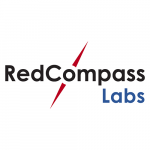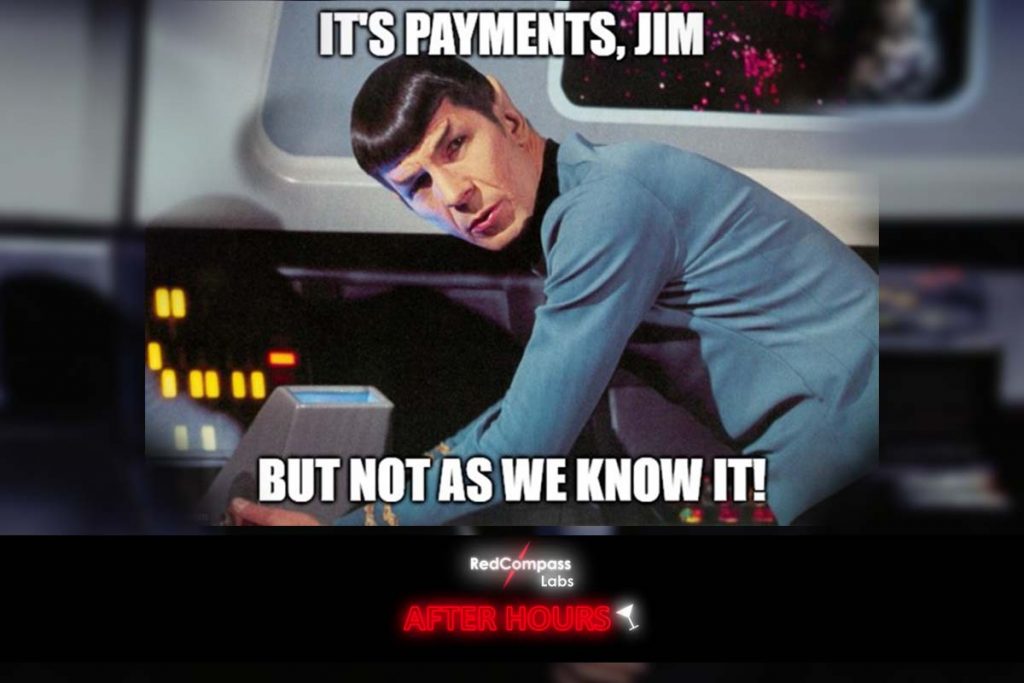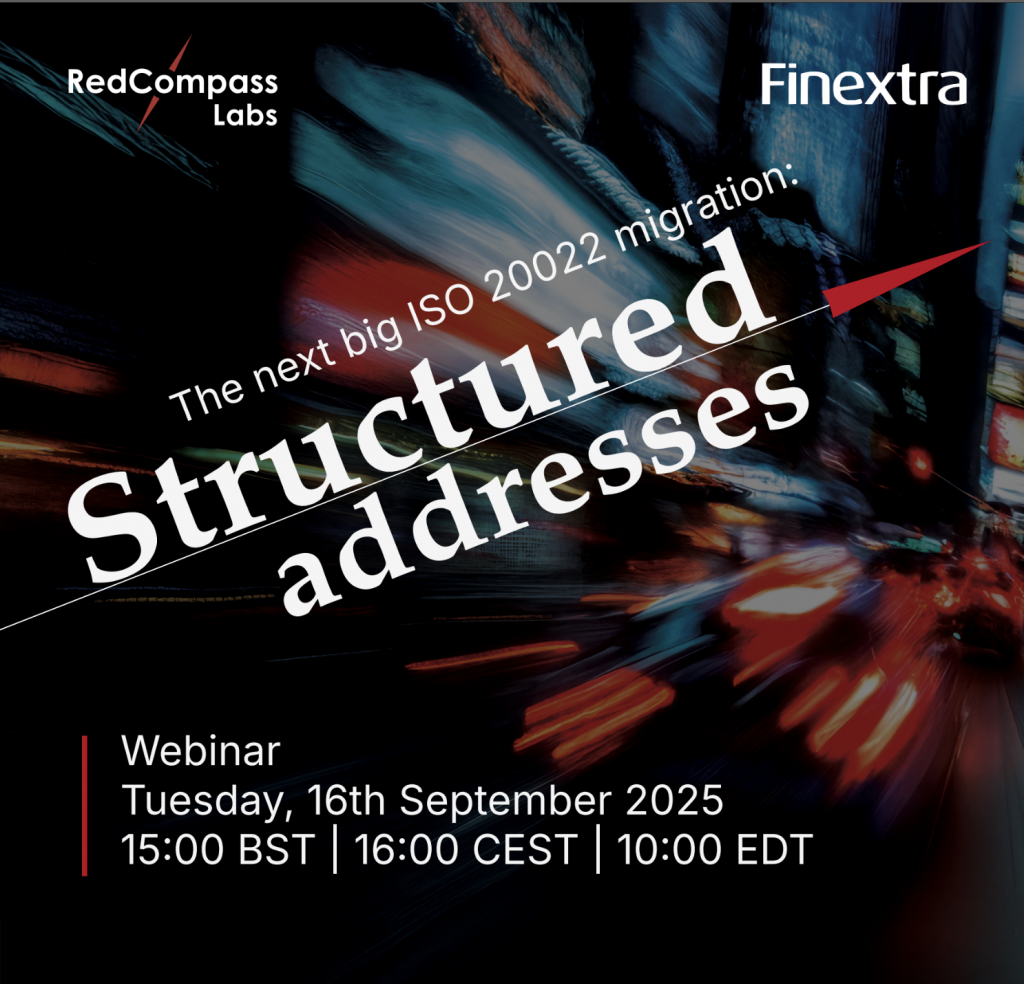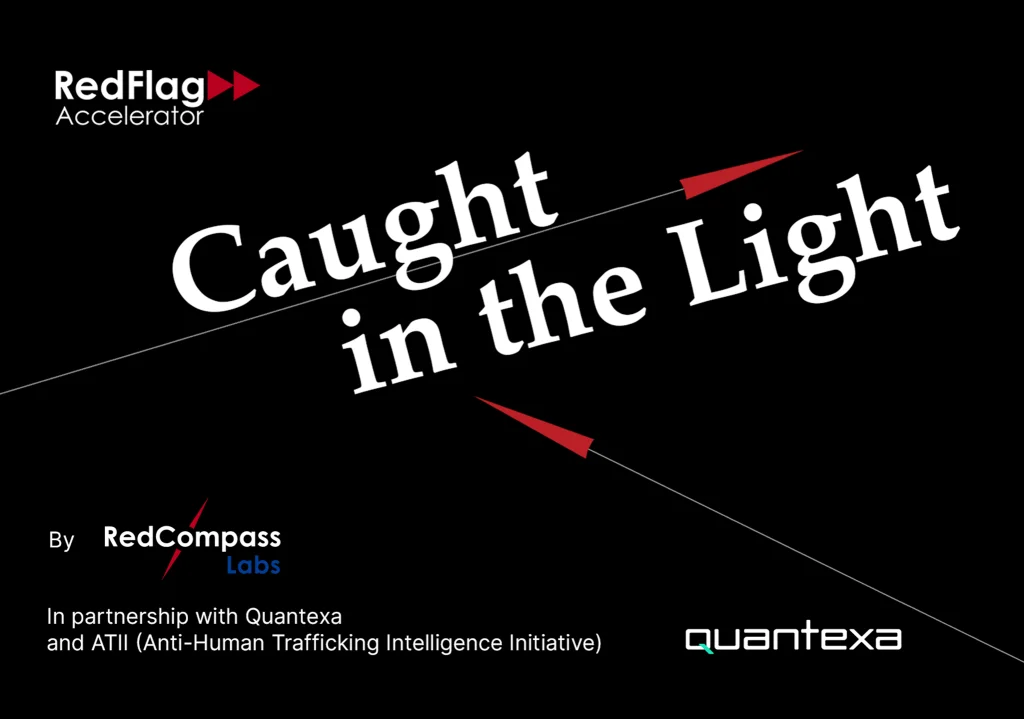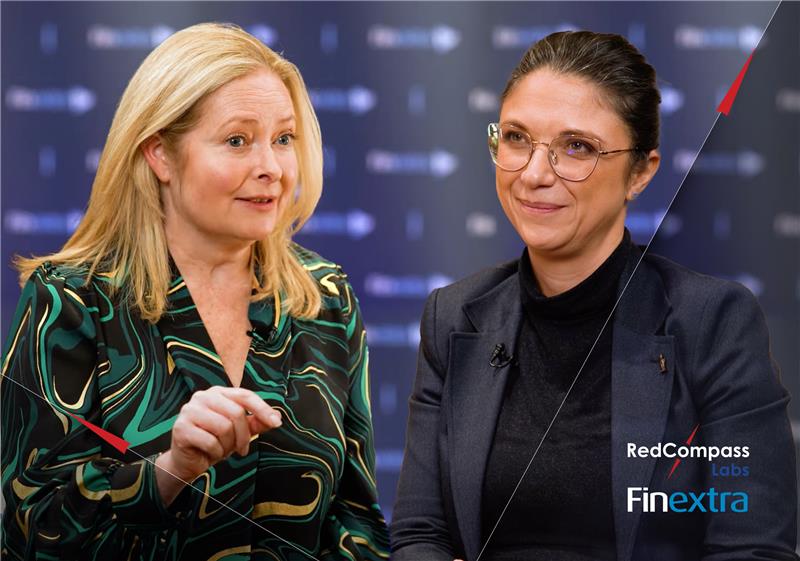Is blockchain banking’s next disruptor?
Blockchain is a hot topic in the banking world these days. From frictionless, real-time cross-border transactions using atomic settlement to underpinning the rise of Central Bank Digital Currencies (CBDC), the potential of this technology is shaping the future of financial services.
Although Distributed Ledger Technologies (DLT) have been around for decades and are questioned by many, particularly regarding their scalability, we are finally starting to see traction. It’s safe to say that we are racing towards a future where blockchain will transform finance for banks, FinTechs, corporates and consumers.
How exactly can blockchain transform banking?
At the core of every bank sits a ledger. These ledgers, so-called Core Banking systems, maintain a record of every transaction that occurs. Every movement of money from one account to another or from one bank to another is carefully recorded, checked, reconciled and audited to ensure it maintains a perfect record. Maintaining these ledgers lies at the heart of what banks do.
A blockchain is a type of distributed ledger technology. It works through a decentralised network (no central hub) using cryptography, meaning there’s no need for a central authority to verify the information. In essence, you can think of DLT as a shared external ledger with the record-keeper and auditor roles combined, automated and enforced by the technology. What could this mean in practice, and what are the benefits for banks? There are many, but here is a rundown of our top four use cases for blockchain in financial services:
1) International Payments
An area of considerable friction today, the G20 made enhancing cross-border payments a priority in its 2020 summit, citing its benefits for economic growth and international trade. The impacts of blockchain in this space could be enormous:
- It can facilitate greater financial inclusion by lowering operation costs, which can be passed on to consumers through more accessible pricing
- It could remove time zone frictions and reduce settlement risk as blockchains operate 24/7, unlike the majority of existing centralised Real-Time Gross Settlement (RTGS) systems with limited operating hours
2) Clearing and Settlement
The existing correspondent banking model involves a lot of parties – banks, SWIFT (for secure messaging), clearing houses and central banks – to counteract the risk of financial losses. But blockchain allows for atomic settlement, in which the digital assets are exchanged in a single, coordinated transaction. The technology itself ensures the entire transaction takes place, making the myriad of third parties redundant.
3) Smart Contracts
Digital contracts could be used to execute conditional or programmable payments, shifting funds or executing a particular transaction when a specific digital trigger event occurs.
As these actions are automated by software, there’s no need for costly intermediaries to monitor and manage the process or ensure execution accuracy. It’s also much faster and more efficient with no paperwork or the need to operate within business hours.
4) KYC and Fraud Prevention
By creating a shared digital ledger, banks increase the transparency of all payments while creating a complete historical record that can be analysed to detect and disrupt financial crime.
For this discussion, we also need to touch on the concept of permissionless vs permissioned blockchains. Typically, regulated financial institutions favour permissioned blockchains (depending on the use case), as each participant’s identity can be verified. This is vital where the network requires privacy for sensitive data or compliance with Know Your Customer (KYC) regulations.
So what’s next for banks?
Moving from the current payment paradigm to blockchain-based platforms will impact operations, business models and the end-to-end payment infrastructure and ecosystem. It will not be an easy transition. The sooner banks start mapping out the path for their evolution and building their blockchain experience with contained use cases, the better. If you need support and guidance, RedCompass Labs is here to help. We are passionate about blockchain’s potential to transform financial services, and our implementation experience and expertise will ease your journey to the future of payments.
Share this post
Resources

